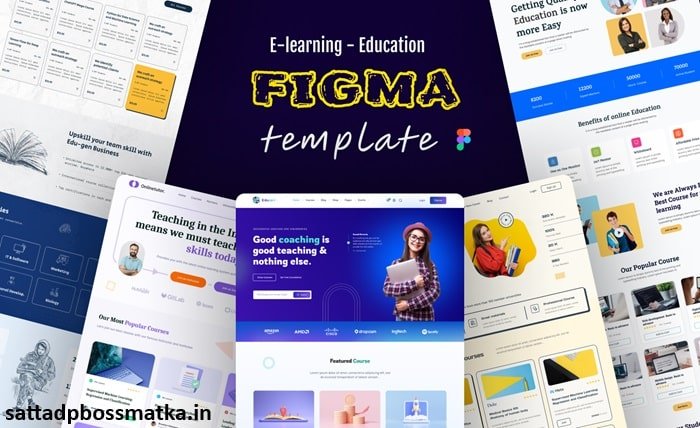
EduFreebie: Unveiling the Treasure Trove of Free Educational Resources
In today’s world of ever-expanding educational resources, EduFreebie emerges as a potential platform offering free learning materials. This blog post dives into EduFreebie, exploring its functionalities, target audience, and the legitimacy of free educational resources. We’ll also explore alternative resources to broaden your learning horizons.
What is EduFreebie?
EduFreebie appears to be a website or online platform offering free educational resources. However, due to potential limitations in accessibility, here’s what we might expect:
- Free Learning Materials: The platform could provide access to downloadable resources like ebooks, worksheets, or practice exercises.
- Subject Focus: EduFreebie might cater to specific subjects or grade levels, though the range of topics is unclear.
- Registration Requirement: Using the platform might require registration or creating an account, potentially with free and premium options.
Limited Information: Verifying the specific functionalities and educational content offered by EduFreebie requires more information about the website.
Who is EduFreebie For?
EduFreebie likely targets two primary user groups:
- Students: Students seeking supplemental learning materials or practice exercises might find resources on EduFreebie.
- Educators: Teachers could potentially utilize EduFreebie to find free resources to supplement their classroom lessons.
Uncertain Scope: Without access to the platform, it’s difficult to confirm the specific grade levels or subjects catered to by EduFreebie.
Is EduFreebie Legit? Exploring the World of Free Educational Resources
While EduFreebie has the potential to be a valuable resource, here are some considerations:
- Quality Control: The quality and accuracy of free educational resources can vary.
- Copyright Issues: Ensure materials are copyright-free or properly attributed to avoid legal concerns.
- Currency of Information: Free resources might not be updated regularly, potentially containing outdated information.
Free doesn’t always guarantee quality.
Exploring Your Options: Alternative Free Educational Resources
The internet offers a vast collection of free educational resources beyond EduFreebie. Here are a few examples:
- Khan Academy: https://www.khanacademy.org/ provides free, high-quality video lessons and practice exercises across various subjects.
- National Geographic Education: https://www.nationalgeographic.org/education/ offers educational resources, activities, and interactive content.
- Crash Course: [invalid URL removed] features engaging YouTube channels covering a wide range of subjects in a fun and informative way.
- Open Culture: https://www.openculture.com/ curates a vast collection of free online courses, ebooks, audiobooks, and language learning resources.
These resources offer a wider range of subjects and verified content.
Conclusion
EduFreebie has the potential to be a helpful resource for students and educators seeking free educational materials. However, limited online information makes it challenging to definitively assess its functionalities and the quality of its content. Consider exploring EduFreebie alongside a variety of other reputable free educational resources to create a well-rounded learning experience. Remember, verification, quality checks, and exploring established platforms can ensure you’re getting valuable and trustworthy educational content.
FAQs
1. Is EduFreebie a safe website?
Verifying EduFreebie’s safety requires more information about the platform’s security measures and user reviews.
2. What file formats might EduFreebie offer?
The platform could potentially offer PDFs, DOCX, or other downloadable file formats for educational materials.
3. How do I find out more about EduFreebie?
Searching online for reviews or user experiences with EduFreebie can offer insights, but keep in mind the limitations of depending solely on user-generated content.
4. Are there any costs associated with EduFreebie?
EduFreebie might have a free tier with limited resources and potentially offer premium memberships with additional content.
5. What are some tips for evaluating free educational resources?
Look for reputable sources, check the copyright information, and assess the accuracy and currency of the content before relying on it for learning.




